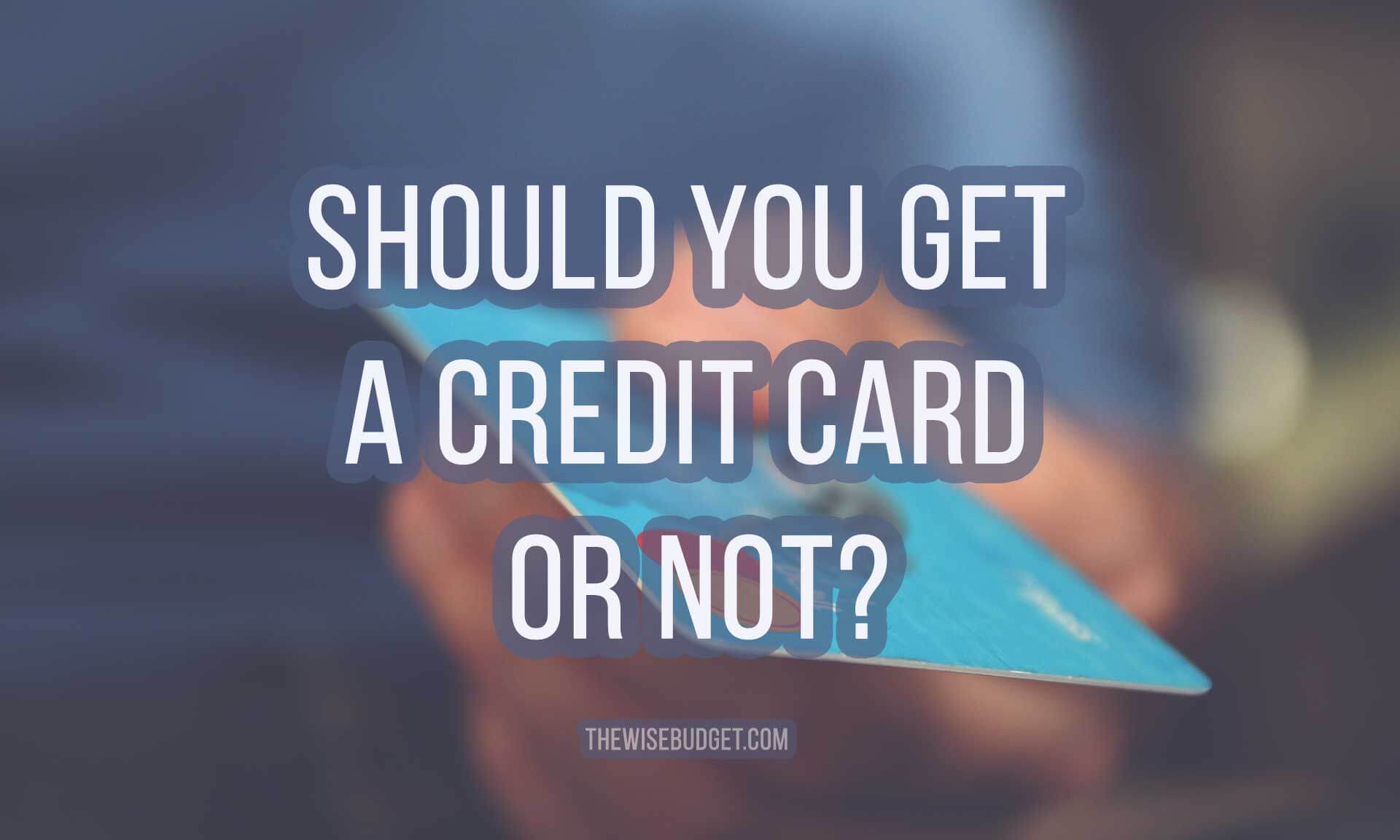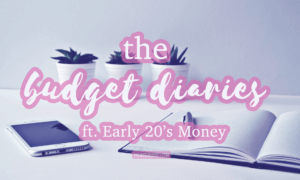Should You Get A Credit Card Or Not?

When I was 19 years old, I worked for a few months for a small company in the business sector.
One day, one of my co-workers came up to me and offered me a credit card application form. She walked me through all the steps, telling me how easy it was to “get approved” by the bank. She said even a minimum-wage earner could get approved by this bank, so I would certainly get in, too. I skimmed the brochure she gave me, thanked her, and politely declined. I then watched her go to another co-worker, repeat the same spiel, and actually get that other woman to sign up.
By the end of the day, she had gotten around three or four other people to sign up for a credit card of their own.
As a personal finance enthusiast, I have a great disdain for credit cards. I’ve only ever had one “credit card” my whole life, and it’s not even a real credit card. It’s a prepaid credit card that you have to reload before using, which I only use for online purchases. That’s it.
Never carry credit card balance
If you do decide to get a credit card, however, there is one important thing you must remember: never, and I mean never, carry around credit card balance. Always pay your balances in full and on time. Yes, in full. “But Ai,” you may say, “why can’t I just pay the minimum?”
The short answer to this is: because you shouldn’t, that’s why.
The long answer? By paying just the minimum each month, it might give you the illusion that you still have some left to spend, which is completely false.
Let’s say you earn $1500 a month. Unfortunately, it’s not enough. You can easily zero your salary just by using it on your necessities as well as your other purchases. At the end of the month, you may not even have enough money to save. Then again, your credit card is there, allowing you to take out loan after loan after loan. It’s awesome if you can create more sources of income for you to pay it back.
But if you’re living paycheck to paycheck and can barely afford your daily life, how in the world are you going to pay back your credit card balance?
This kind of dangerous living is what makes people spiral into a life of debt.
Don’t be too confident
According to a study by Experian, credit card debt in America has finally reached an all-time high. The average American now has $6,375 in credit card debt, with the country’s total of over $1,000,000,000 in 2017. That’s one trillion dollars in debt. The study says that nowadays, people are more confident than ever to spend and get in debt (because they “know” they can manage it).
But you know what they say, right? Arrogance kills.
Maybe people have now gotten more confident of their capabilities in managing their own finances. And that’s good! It’s definitely a good thing if people are getting more and more knowledgeable on this topic.
The thing is, what if they’re not? What if sometimes, we’re just so confident in ourselves that we tend to overestimate our own abilities?
Here are some important (and alarming) statistics that were listed down in a June 2018 article on American Thinker.
- 59% of Americans don’t have a budget
- 52% of Americans don’t have enough money in the bank to cover 3 months of expenses
- 38% of Americans have less than $10,000 saved
- The average American has around $37,000 in student loans (which they pay off in roughly 10 years)
- The scariest one: 69% of surveyed American millennials rated their financial literacy highly, but only 24% demonstrated “basic financial literacy”
Based on these statistics, it seems like there’s certainly a gap between what people are saying and what’s actually happening. And this could be a dangerous thing.
I’m not saying all debts are bad. There are certainly some good debts out there. Those debts can help launch your business, propel your career, or further your education. Just try not to go overboard with the debts, alright? Don’t be too confident.
When you get overconfident, that’s when something snaps up and bites you. – Neil Armstrong
Only buy what you can afford
Like I always say in this blog, you should buy only what you can afford.
If there’s something you want, but you don’t have the cash to buy it, or if it’s out of the budget, then you can’t afford it, period.
Don’t use your credit card to rack up debt, even if you think it’s, “just this once”. Believe me, saying “just this once” to using your credit card for small purchases means you’ll do it again, and again, and again, and again until you’ve already racked up a significant of debt without even noticing it.
See, when I say, “don’t use your credit card to buy things you can’t afford”, I’m not just saying, “save money.” I’m also saying, “don’t let yourself fall into a nasty habit.” We all know how hard it is to break bad habits, so to be safe, just try not to get into a bad habit in the first place.
Should you get a credit card?
Ultimately, the answer to this is up to you. Do you trust yourself to be disciplined enough to only use your credit card when it’s absolutely necessary? Can you resist buying the latest new gadget or the shiniest new thing on impulse?
If the answer is yes, then by all means, get a credit card and build up that credit score. But if not, then you’re better off without that unnecessary headache that improper credit card use can bring.







Captain DIY
I like the blog, and this post is great for people who have had some money troubles in the past! There are ways to get great benefits from credit cards, but, like you say, it is absolutely imperative that they be used wisely. For example, my wife and I had a nearly-free trip to Sanibel Island in Florida thanks to credit card sign-up bonuses. Again though, like you say, never ever ever carry a balance! No need to pay the banks interest!
Miss Ai
Wow, that’s awesome! Great way to utilize your credit card perks! 😉 And yes, exactly. Credit cards are good if and only if you can use them properly. Seems like you and your wife are doing a great job, so kudos to you!
Gilbert Seabrooks
Thanks for sharing this very good piece of information. Very interesting points too!